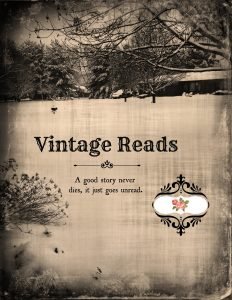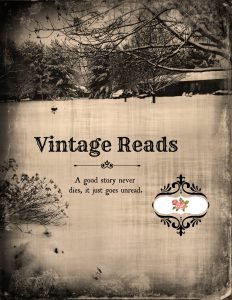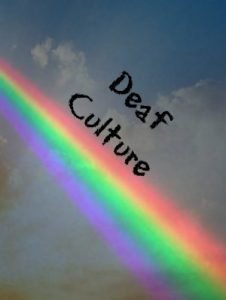
Beth Steury, one of The Scriblerians authors, immerses herself in the YA world via substitute teaching, reading YA fiction, and connecting with the teenage staff at the local fast-food joint, where she claims the back booth as her office.
She’s a cheerleader for saving sex for marriage. Her “Waiting Matters … Because YOU Matter” blog helps people of all ages navigate the choppy waters of saving sex for marriage and “renewed waiting.”
Beth is also a genetic genealogy enthusiast who used DNA to find her birth parents. Her journey to find and connect with her biological family is chronicled in “A Doorstep Baby’s Search for Answers.” Her “Slices of Real Life” posts find GOD in the day-to-day moments of real life.
All of Beth’s writing endeavors can be found on her website. Connect with her on Facebook, Goodreads, Pinterest, Instagram, and Twitter. Check out her books available on Amazon in both print and ebooks.
Below are the interview questions I’ve been asking the Scriblerians. In Beth’s case, we’re talking about her first novel, Before I Knew You.
- What was the seed of this story? What got it started?
The inspiration for Preston and Maggie’s story came from a radio interview I heard many years ago. Following a presentation, a well-known youth speaker met outside in the parking lot with a young man from the audience.
The young guy leaned on his truck and looked up at the speaker. “What happens when true love didn’t wait?” he asked.
The speaker went on to say how that young man’s question changed how he approached the subject of teenagers and sex. For days, that scenario played through my mind accompanied by the faces of the many teenagers I knew who also had stumbled into premarital sex. For many, that one decision changed the course of their life. Too often they felt like since they had already messed up, what was the point in even trying anymore?
I’ve always believed in saving sex for marriage. And now, I believe even more in “renewed waiting.”
2. In your writing process, what was the balance between research and your own experiences?
Many people have asked me if this is my story. It is not nor is it any one person’s story. However, everything that happens has happened to someone that I know. So, my “research” consisted of sorting through memories and stitching them together as a new story.
3. How did you come up with your cover design?
Covers are difficult!! My goals were a YA look as well as a series concept. I perused the local high school library, noting what I did and didn’t like about the book covers in their fiction section. I also scrolled through the YA section on Amazon. While I was uncertain whether to use people on the cover, I did choose that route. The same couple will be featured on each cover in the three-book series, thanks to a talented photographer who combed through her friends to find the right pair for the job. I took the photos to a designer who created the three covers with a series concept.
4. How do you come up with names for your characters?
They just came to me! I’ve been asked that several times, and honestly, that’s how it happened. I liked the sound of the names together. At the time, I didn’t personally know anyone with either name.
5. If you could meet one of your characters in real life, which one would it be and what would you do together?
Because the story premise began with Preston, I think I’d like to sit down with him and pick his brain.
6. Are you a plotter or a pantser? What works for you in that modality?
I’m a hybrid who leans more toward the pantser side. I definitely do not create detailed outlines. Notes jotted here and there, yes. And a continuous streaming of the story in my brain. I wrote book #1 in scenes that I later “stitched” together, rather easily. I wrote book #2 in chronological order, I think because I was more familiar with the character arcs and story line.
7. What do you hope readers take away from your book?
Two concepts. First, that saving sex for marriage does matter, despite how much of our society has cast the idea aside, And, just as important, that “renewed waiting” also matters, because it’s never too late to make healthier, wiser decisions.













 described in the author’s own words. With sixteen characters, each with their own point-of-view, the challenge of solving the mystery ranks on par with the difficulty level of a 3000-piece jigsaw puzzle.
described in the author’s own words. With sixteen characters, each with their own point-of-view, the challenge of solving the mystery ranks on par with the difficulty level of a 3000-piece jigsaw puzzle.

